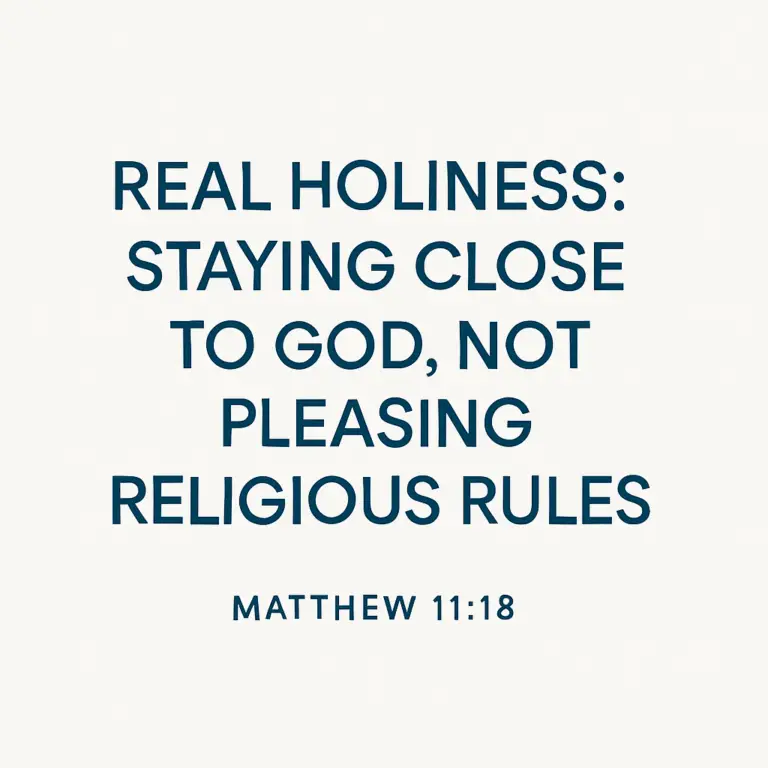Let It Go: Learning to Forgive Others—and Yourself
If you’ve ever found yourself haunted by what you did, what they said, or what you wish you could undo—you’re not alone.
Many of us live with invisible chains: guilt, regret, shame, and bitterness. We may know that God forgives us, but for some reason… we still struggle to forgive ourselves. And that inner burden quietly robs us of joy, peace, and spiritual power.
But here’s the good news: God is not stuck in your past—and you don’t have to be either.
The Past Is a Place of Reference—Not a Place of Residence
“Forget the former things; do not dwell on the past. See, I am doing a new thing!” — Isaiah 43:18–19 (NIV)
God is forward-thinking. He is a redeemer, not a rewinder. Yet we often replay past failures and trauma in our minds like old tapes that won’t eject. What you refuse to release, you conitunue to relive
Psychologically, this is no accident. The brain remembers negative experiences more vividly than positive ones—a survival instinct called negativity bias. But when we dwell on these moments long-term, it traps us in patterns of anxiety, shame, and avoidance. Constantly replaying past mistakes strengthens neural pathways of shame, fear, and regret, causing emotional stagnation. Healing begins when we create new mental patterns rooted in truth and grace.
Forgiveness Is Not Just About Them—It’s About You
“Forgive, and you will be forgiven.” — Luke 6:37 (NIV)
Forgiveness is a spiritual principle that heals not only relationships but your soul. But many people struggle with the idea of forgiving themselves.
“You can’t walk in freedom while dragging chains God already broke off you.”
God’s Word is clear:
- Psalm 103:12 – “As far as the east is from the west…”
- Romans 8:1 – “There is now no condemnation…”
Self-condemnation often stems from internalized shame and negative core beliefs. True healing begins when your self-view aligns with God’s view of you.
Why Forgiving Yourself Feels So Hard
Shame rewrites your identity. Guilt says “I did something bad.” Shame says “I am bad.” But shame is not from God. It is a trap.
Healing begins when you believe what God says about you—and start living like it’s true.
5 Practical Steps to Start Letting Go
- Name the Wound: You can’t heal what you pretend isn’t hurting and your will not face.
- Replace the Lie With Truth: God’s truth cancels out shame-driven lies. Speak the truth of God over it.
- Release It Symbolically: Write a letter, burn it, shred it—let it go.
- Create a New Script: Speak grace over your life every single day. The enemy wants you rehearsing the fall. God wants you rehearsing the future.
- Pray with Brutal Honesty: God can handle your real thoughts and pain. Moreover, God can handle your honesty more than you can handle remaining silent.
What Happens When You Truly Let Go
“It is for freedom that Christ has set us free.” — Galatians 5:1
When you forgive and let go, you gain:
- Peace of mind
- Emotional clarity
- Repaired identity
- Deeper relationships
- Spiritual growth
A Final Thought
Forgiveness doesn’t say it was okay—it says I won’t carry it anymore. Moreover, forgiveness doesn’t equal access. That access includes your thoughts, presence, emotions, and spirit.
You are not your past. You are not what they did to you. You are not your worst day. You are a child of God—fully loved, fully forgiven, and fully free to start again. Gods abounding grace is sufficient for you!
Prayer-
“Lord, I surrender the pain, the shame, and the stories I keep replaying. I receive Your forgiveness fully. I release others. I release myself. I am not bound to what was—I am stepping into what is. In Jesus’ name, Amen.”
Need prayer or support? Send us a message or visit us, more information at www.church418.com/contact. There’s no shame here—only healing, hope, and a family who sees you.





